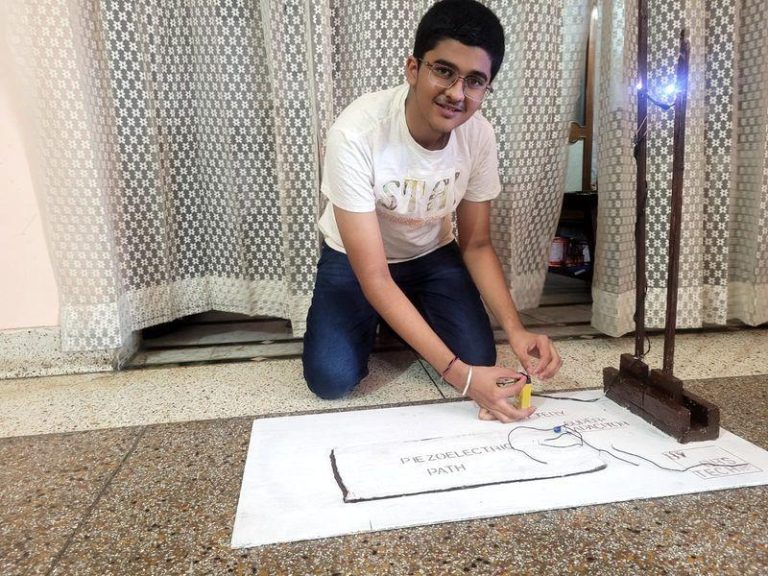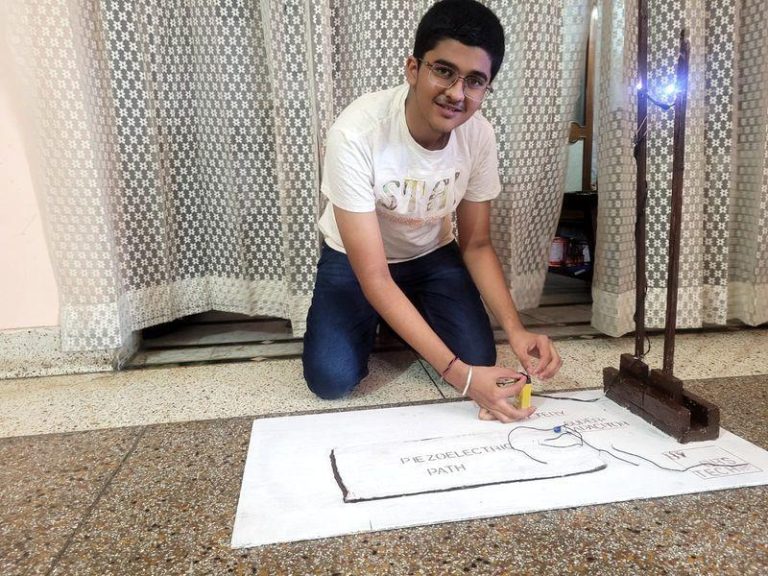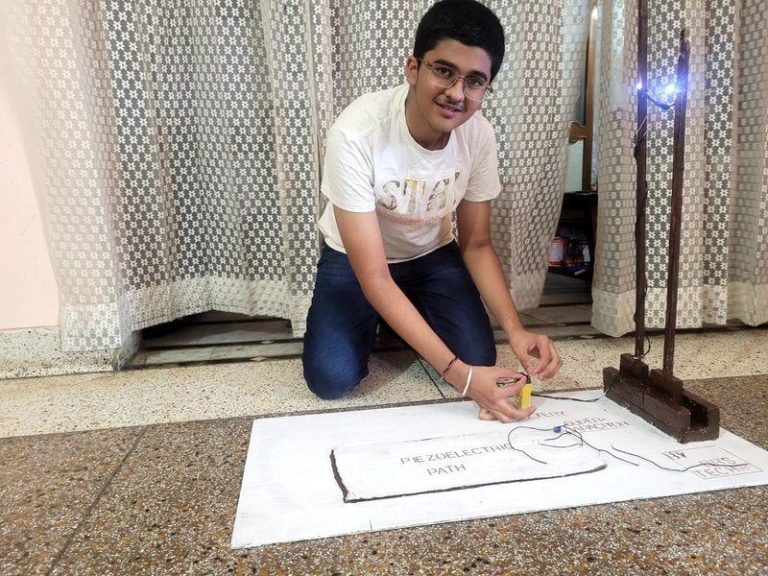
Startup Founder claims he’s looking for job & no one is answering, says ‘I’m just floating’
In a stark reminder of the harsh realities of entrepreneurship, a failed startup founder in India is struggling to find a job, claiming that despite his best efforts, no one is answering his calls or responding to his applications. The founder, who wishes to remain anonymous, shut down his company after his co-founders exited, leaving him to face the music alone.
In an interview with a leading Indian publication, the founder expressed his frustration and desperation, stating, “I’m not asking for a CXO role…I care deeply about my work…But still, I’m stuck. Too ‘founder-y’ for structured roles, not domain-specific enough for niche roles.” He added, “I’m just floating in between.”
The founder’s plight is a stark reminder of the challenges that many entrepreneurs face when their startup ventures fail. While there are many success stories of entrepreneurs who have gone on to start new companies or take on new roles after failure, there are also many who struggle to find their footing in the job market.
The founder’s story is a cautionary tale for aspiring entrepreneurs. While it’s easy to romanticize the idea of starting a company, the reality is that it’s a high-risk, high-reward venture. Many startups fail, and the founders are left to pick up the pieces and start anew.
So, what’s going wrong for this founder? One possible reason is that he may be perceived as too “founder-y” for structured roles. As a founder, he has likely developed a unique set of skills and experiences that may not be easily transferable to a traditional corporate role. He may be seen as too used to calling the shots and making decisions, which can be a turn-off for companies that prefer a more hierarchical structure.
On the other hand, he may also be struggling to find a niche role that leverages his domain-specific expertise. As a founder, he has likely developed a deep understanding of his industry or field, but this expertise may not be easily recognized or valued by other companies.
The founder’s situation also highlights the challenges that many entrepreneurs face when it comes to networking and building relationships. As a founder, he may have relied heavily on his co-founders and team members for support and guidance, but once the company fails, he may find himself isolated and without a strong network.
To make matters worse, the founder is struggling to find a job that aligns with his values and passions. He stated, “I care deeply about my work…But still, I’m stuck.” This suggests that he is not simply looking for any job, but rather a role that allows him to use his skills and experience to make a meaningful impact.
So, what can the founder do to turn things around? One possible solution is to focus on building a strong network of contacts and connections. This could involve attending industry events, joining professional organizations, and connecting with people on LinkedIn.
Another option is to consider taking on a freelance or consulting role, which would allow him to leverage his expertise and experience on a project-by-project basis. This could also give him the flexibility to take on a variety of projects and clients, which could help him build a strong portfolio and increase his visibility in the job market.
Finally, the founder could consider taking a step back and re-evaluating his goals and aspirations. What does he want to achieve in his next role? What kind of impact does he want to make? By taking the time to reflect on these questions, he may be able to identify a clearer path forward and find a role that aligns with his values and passions.
In conclusion, the story of the failed startup founder who is struggling to find a job is a sobering reminder of the challenges that many entrepreneurs face. While it’s easy to romanticize the idea of starting a company, the reality is that it’s a high-risk, high-reward venture. By focusing on building a strong network, taking on freelance or consulting work, and re-evaluating his goals and aspirations, the founder may be able to turn things around and find a role that aligns with his values and passions.






